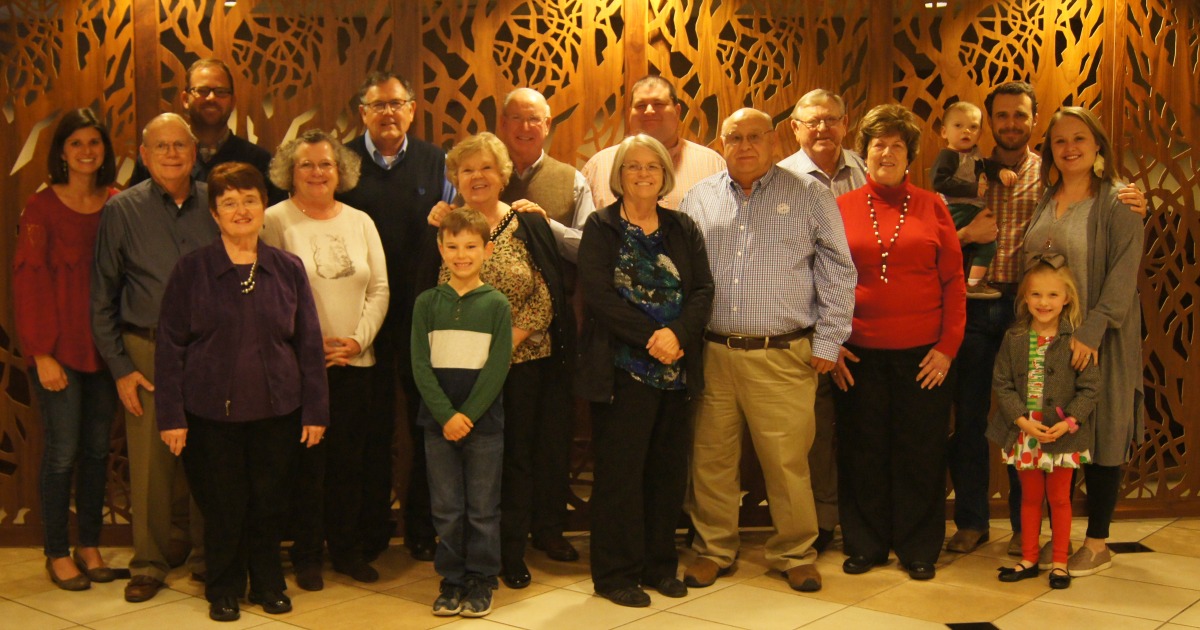Logan Farm Bureau programs recognized at Kentucky Farm Bureau's Annual Meeting
Members of the Logan County Farm Bureau attended the 99th state annual meeting of Kentucky Farm Bureau held at the Galt House in Louisville Nov 28 to Dec 1. Kentucky Farm Bureau began celebrating its 100th year as an organization culminating with the 2019 state annual meeting.
Logan County Farm Bureau received Gold Star Awards of Excellence for its Women’s Committee and its Young Farmer activities, and Lilly Robertson was a Discussion Meet finalist. Logan County Farm Bureau won Third Place for its Information activities and was recognized for outstanding membership and program achievement for 2018.

KFB Spotlight
- Candid Conversation: Tori Embry
- June 9, 2025
-

-
This month’s Candid Conversation features Tori Embry, the Executive Director of the Kentucky Dairy Development Council,
who discusses all things dairy. She will also be a guest on an upcoming Farm Life podcast.
- Champions... Again
- June 9, 2025
-

-
Spencer County’s dairy judging team continues to be the best in the nation and will soon
compete on an international stage.
- Making Their Own Market for Milk: The Goode family expanded their dairy farm in a value-added way
- June 9, 2025
-

-
Join us as we celebrate Dairy Month with a visit to Casey County and the Goode Family! They have recently expanded their dairy operation by way of Goode's Riverside Creamery, featuring products made with their fresh-from-the-farm milk.